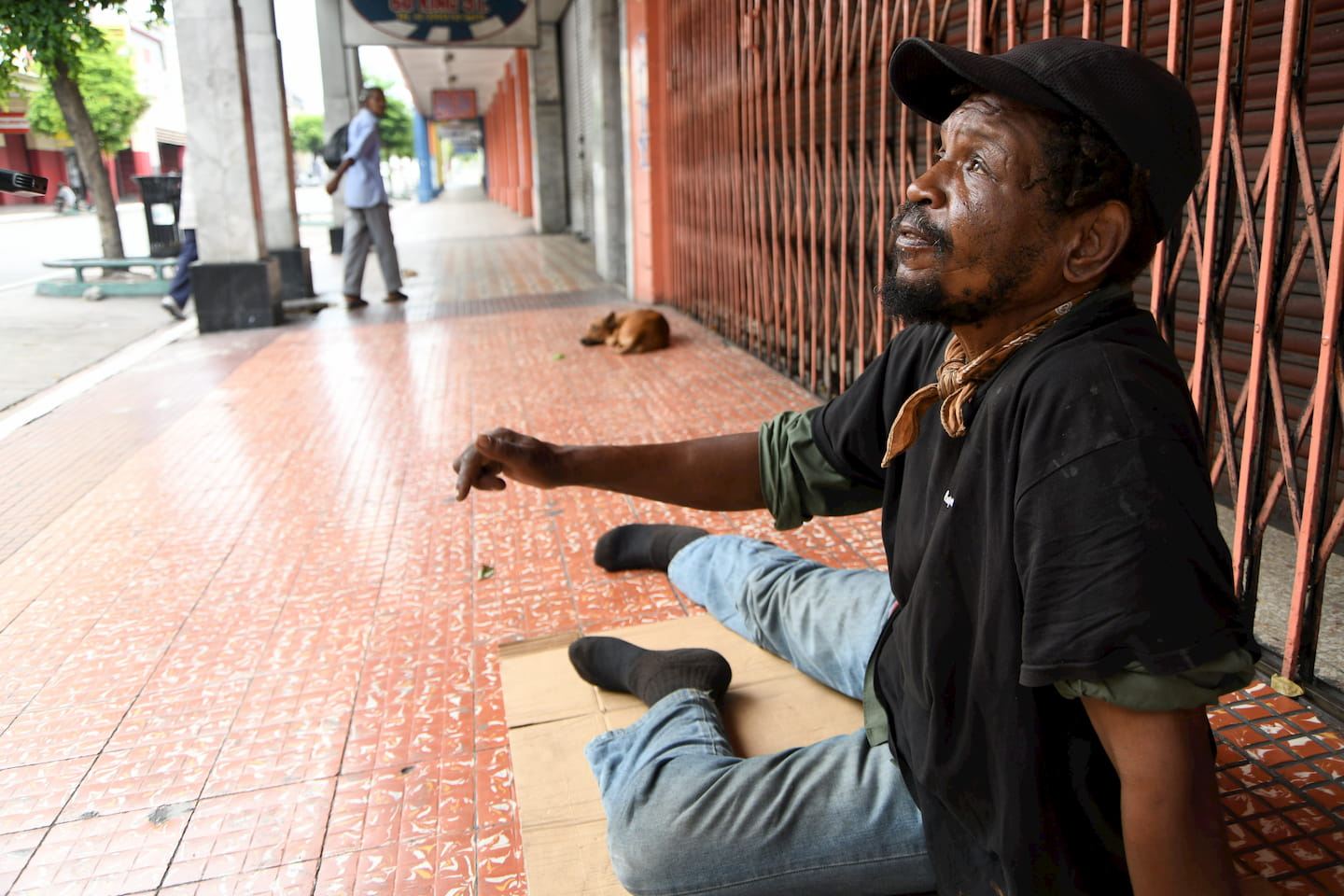The coronavirus (COVID-19) crisis has been met with differential responses worldwide. In some parts of the world, it seems the people and their governments started to take the matter seriously a few days too late. Thankfully, we here in Jamaica have had the luxury of seeing the impact on these people and have reacted in time. Nonetheless, some of our responses have been to the extreme, bordering on sheer panic.
There are three manifestations of this panic that are worth noting here:
- First, panic-induced hustling. Entrepreneurship of the panic ranges from street people holding doors open for customers at business places for J$50 to J$100, or spraying hand sanitiser into people’s hands for money, to merchants stocking up and enjoying early Christmas sales in safety gears, disinfectants and food items.
- Second, panic pushes humans into the primal state of extreme self-preservation with devastating impact on the most dependent groups. If we are scared beyond reason, it becomes difficult to help those who normally depend on us for survival.
- Third, panicking people normally stick to the most popular and broad set of information available but detailed research-supported information can save lives or help to improve the lives of people as they endure trauma.
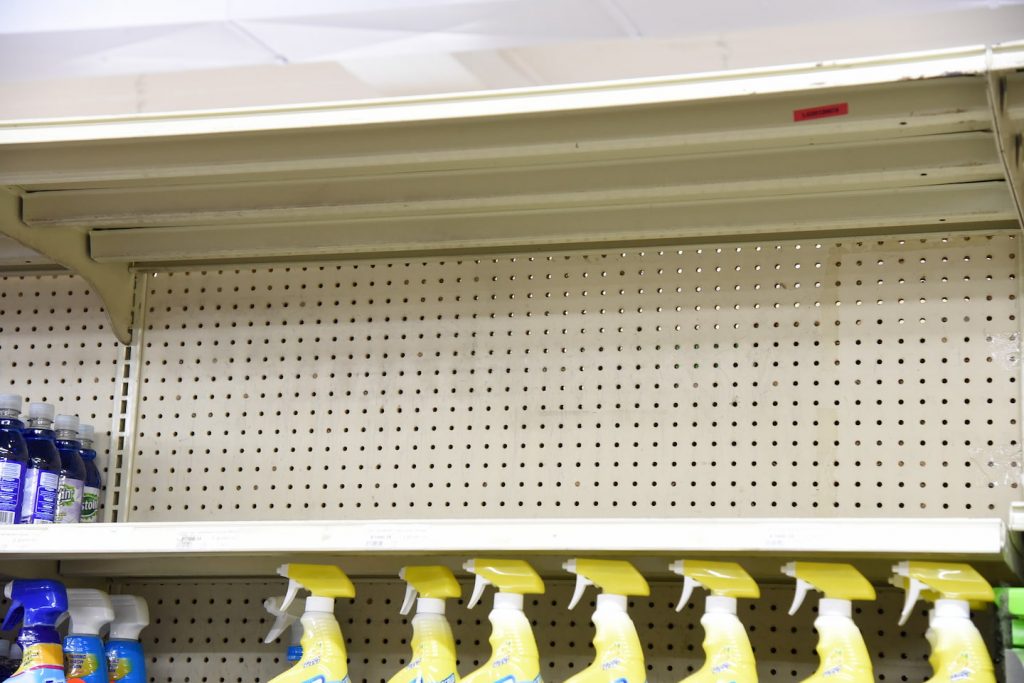

One set of my research students started their work on the quality of information Jamaicans received on COVID-19. The preliminary results were embarrassing. Most people knew about washing their hands thoroughly and staying away from crowded places. There was clear confusion related to what to do if one begins to show signs of infection. It was clear to persons what to do to stop the spread, but not what to do to get better.
The most embarrassing finding was in the area of who is most vulnerable. In a panic setting everyone seems equally vulnerable, but this is far from the truth. Thankfully, as media houses and civil servants gradually sort out their heads, some clearer information began to emerge. Now, when I ask persons who were previously convinced that they should rush to the hospital if they displayed flu-like symptoms, most stated that they should make calls to medical centres before rushing there. A few even had the number of doctors, but some of these numbers did not ring when they were tried, further feeding the panic.
In this period of alarm, I am concerned about two critical needs of the poorest people – food and safety. Let me begin with acknowledging that the Government and other bodies of power acted rationally when they tried to strip the public space of large meetings. The real challenge though comes with planning and effecting actions to ease the pain these decisions cause, especially to the poorest people.

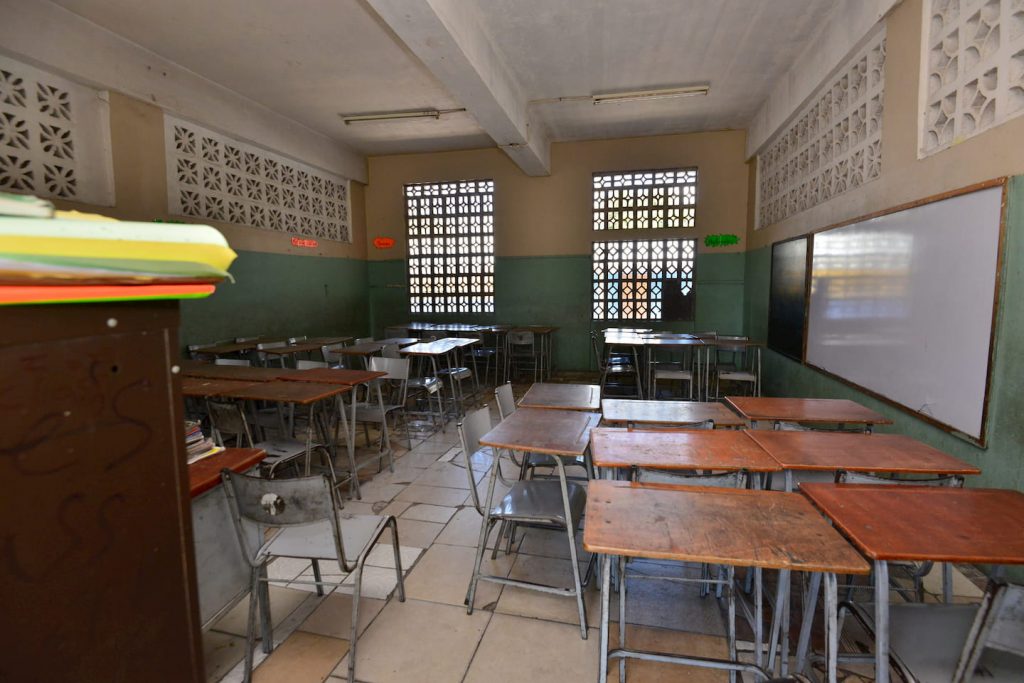
Empty classrooms at the Central Branch All-Age School following the closure of schools for 14 days due to the threat of the coronavirus in Jamaica. – Kenyon Hemans/Photographer 
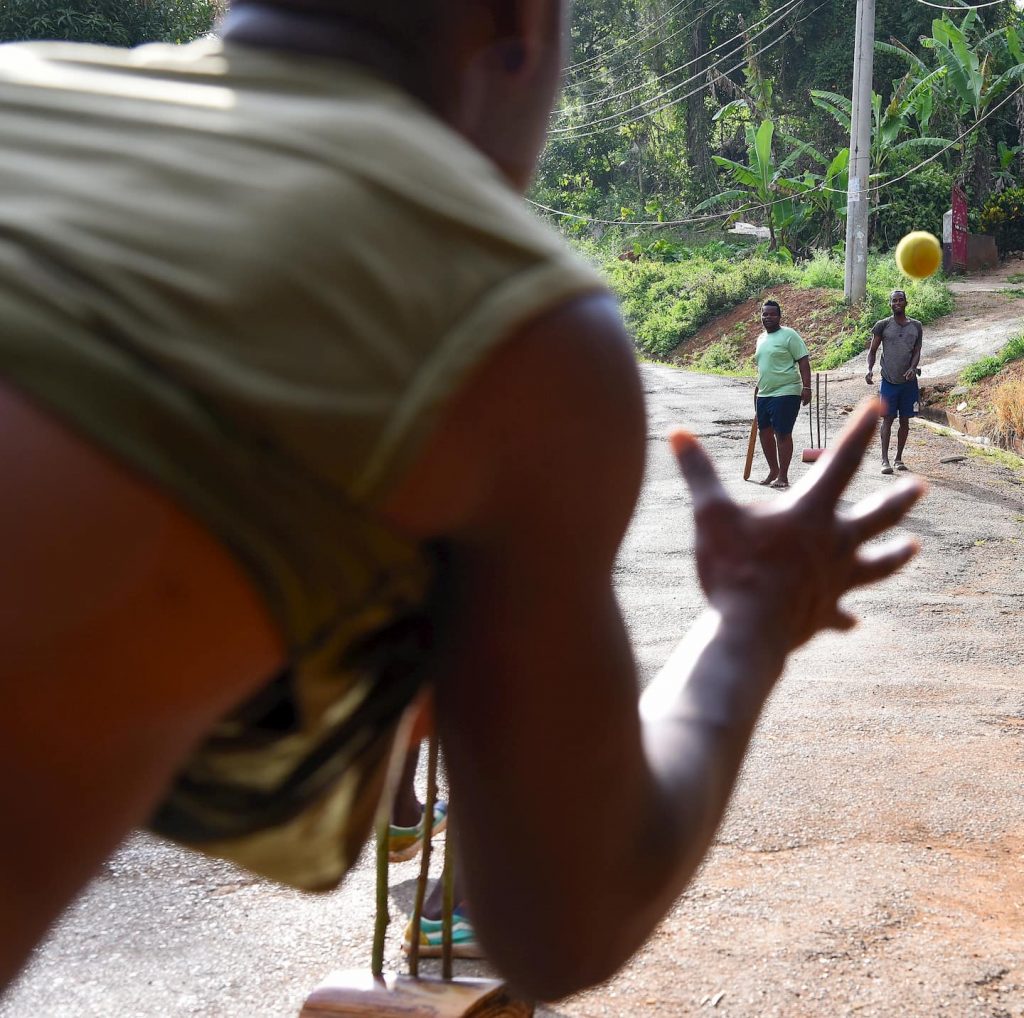
A bowler catches the ball as young men at Junction crossroads in St Catherine play cricket in the streets on Tuesday, March 24 to take their minds of the COVID-19 outbreak. Ian Allen/Photographer
Here are a few observations related to the impact of policies and panic on the poorest and most vulnerable:
- First, as soon as schools were closed, unsupervised boys flooded the playfields and open lots. Apparently, Jamaica is not yet at the developmental stage where all boys are preoccupied full-time with video games. If we reflect on the relationship between resources and culture, it makes sense that the boys of the poor would not have Wi-Fi or data on phones to stay inside. As I drove past scores of boys playing shirtless on dirt pitches, it dawned on me that we did not carefully plan for them to avoid public gatherings. How large is this potentially problematic group that would lack supervision? Overall, about 75 per cent of our children have two parents (42%) or extended families (33%). This is not the case for inner-city children. Actually, only a third of them have the parenting platform to afford tangible supervision. This is core to why they are in gangs and similarly why they could be affected differentially by the closure of schools as a broad policy.
- Second, a significant proportion of inner-city children depend on school for food. This might not make sense to the middle classes, but the various school feeding programmes serve as the source of the main meal during the week for 20 per cent of inner-city children, based on research done over the past 30 years. In our recent study on violence in St Catherine and St James, we found communities in which 88 per cent of young men and 70 per cent of young women suffered from food insecurity. It is important to note that the vast majority of these people live on unstable hustling. The environment of hustle has been dramatically affected, and therefore help is urgently needed.
- Third, churches and businesses have closed off or reduced work with shut-ins, street people and the disabled. This is certainly the most heart-breaking. Over the weekend I called an old friend I try to help occasionally. I asked him if he was going to miss church this Sunday, given it is a form of public meeting. His response was chilling. “Dr Herbs, you can miss church for you go to worship. I go to worship too, but after church done I get the best meal for the week.” Can you imagine how I felt when I called someone at that church and was told that there would be no food at that church this Sunday, as they did not want to encourage too large a gathering? I told the church executive what the vulnerable brother said and thankfully they were able to devise a food-packaging plan to respond to the needs of shut-ins and the poorest people who normally come for the food.
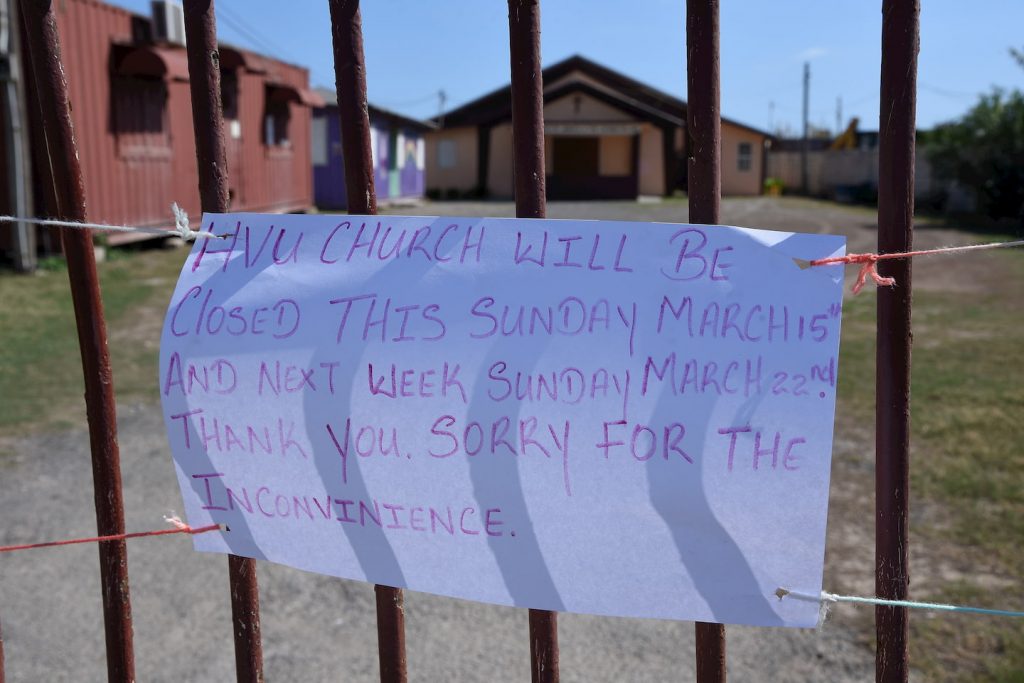

Sadly, disasters affect the poor disproportionately. The question is whether we can do something to assist them. I have received calls from individuals from three different companies regarding what to do for the poorest people they usually help, including those on the street. I have discussed with them various ways to package and deliver, including dropping off to them in small groups. This may include changing the time a bit to reduce the large gathering. One company even found a street person who decided to oversee the delivery of the food. I sincerely hope that companies do not cease helping the poor on the basis of self-preservation.
As we go through this health crisis let us apply our common sense, and operate from a combination of head and heart. There is a lot we can continue to do for the poorest and most vulnerable without being exposed to the virus. Panicking to the extent that we no longer care is actually dangerous. We live our lives as those in a spaceship. Whatever happens to one person affects all. We certainly would not be on a spaceship and hear a threatening sound and not pay attention.
Panicking pushes us to behave as if we are on a lifeboat. In this setting, the strong and the middle classes get the limited boats, and the poorest, the oldest, the most vulnerable stay and die. COVID -19 has already selected the most vulnerable to attack. Let us not do likewise. It would also be wonderful if our Government, and others with decision-making power develop plans to pay special attention to those at greatest risk — not only so they escape COVID-19, but also that they go through the crisis feeling that they too are human beings.
Herbert Gayle, PhD, is an anthropologist of social violence.
Viewpoints is committed to expanding its range of opinions and commentary. Share your views about this or any of our articles. Email feedback to viewpoints@gleanerjm.com.
